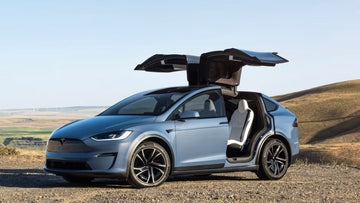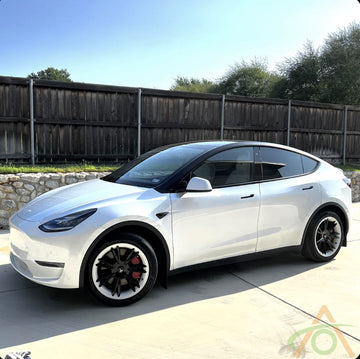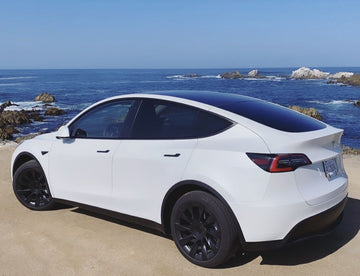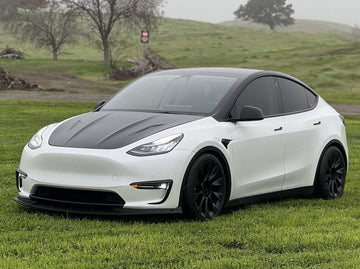Tesla has quietly raised the prices of its two oldest models, a move described by some critics as the “last hurrah” for these models.
What's happening?
Tesla has quietly raised the prices for two of its oldest models, in a move some critics are describing as a "last hurrah" for the vehicles.
This price increase did come with several additional features, which Tesla refers to as the “Luxury Package.” This package is now a mandatory configuration for both models and includes Tesla's Autopilot package (i.e., full self-driving capabilities), free Supercharging service, and a four-year service plan, among other features.
Previously, FSD was priced at $8,000 per vehicle but was offered as an optional feature rather than a mandatory one. Even with FSD enabled, drivers are still required to maintain full control of the vehicle and remain attentive to the road at all times.
This is the second price increase for these two models this year, following a $5,000 increase in June. The starting price for the Model S is now $94,990, while the starting price for the Model X is $99,990.
Earlier this year, a Tesla official stated that the company would be upgrading the Model S and Model X.
Why are these increases important?
The price hike comes as Tesla sales are declining, particularly for these two models.
According to Kelly Blue Book data, Tesla sold 1,435 Model S and 2,871 Model X vehicles in the second quarter of 2025. Compared to the same period last year, sales of both models dropped by at least 56%. Overall, Tesla's sales declined by 12.6% year-over-year.
Adding new features to the Model S and Model X may attract some potential buyers, but the higher prices could also deter some consumers. Some believe this may signal the end of these two long-time favorites among Tesla models.
“With the latest price adjustments, the fate of these two models seems sealed, with sales continuing to decline and hardware updates lacking innovation,” speculated InsideEVs.
What can I do about this?
Tesla remains the largest manufacturer of pure electric vehicles, so concerns that a decline in sales or price increases could lead to fewer electric vehicles on the road are reasonable. A reduction in the number of electric vehicles would result in more pollution from gasoline-powered vehicles that rely on polluting fuels.
Fortunately, electric vehicle sales are at an all-time high. With the federal government's tax credit for electric vehicles set to expire this fall, now may be the perfect time to switch to an electric vehicle—driving a car that is significantly more environmentally friendly while potentially saving thousands of dollars.










